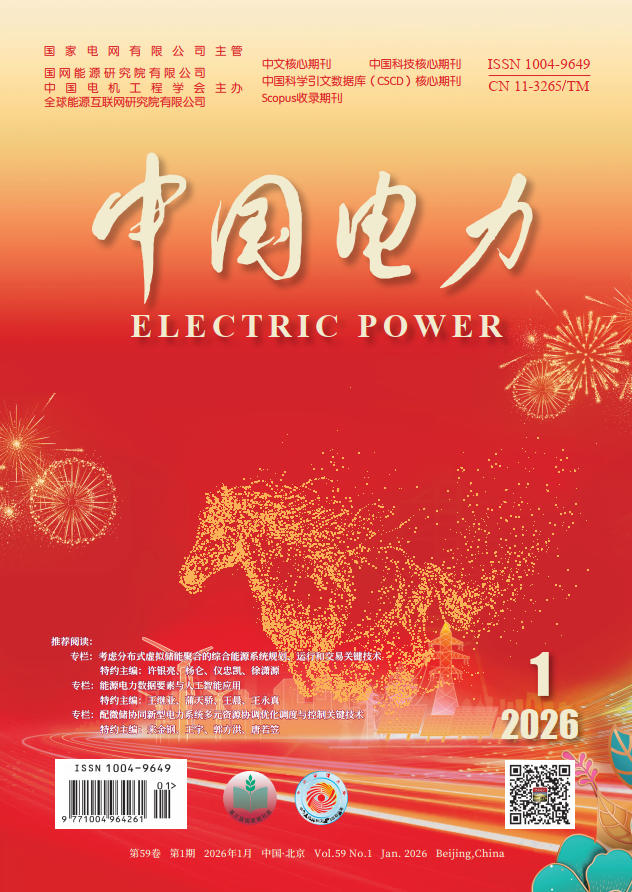Peer Review process
-
To ensure the academic quality of the journal, all submissions to Electric Power go through a three - step review process before publication, which includes the preliminary review by the responsible editor, peer - review by experts, and final review by the chief editor.
1) Initial review by the responsible editor. The initial review of a manuscript is the first screening after the author submits the manuscript. It is mainly to preliminarily confirm whether the manuscript conforms to the journal's purpose and scope of publication; whether the overall structure of the manuscript complies with the writing format of a scientific and technological paper; and whether the content of the manuscript is innovative and cutting - edge in the relevant discipline, and has high academic value. After passing the initial review, appropriate reviewers will be selected and the manuscript will be sent for review in a timely manner. In this process, the responsible editor of our journal is in charge of the initial review. Manuscripts with poor quality or those that do not conform to the journal's purpose will be rejected.
2) Peer Review by Experts. Peer review is the most crucial part of the three-stage review system. Our journal adopts a double-blind review system with at least two peer experts. The experts will conduct a professional evaluation on the cutting-edge nature and novelty of the research topic of the submitted paper, the innovativeness of the research, the correctness and level of the academic theory, and the value that can be used for reference by peers. The evaluation results will serve as an important basis for our journal to select papers for publication.In order to ensure that peer review experts can review manuscripts fairly and objectively, the peer review by experts adopts a double-blind review method. That is, the responsible editor will send the paper without any information about the author to the review experts for review. At the same time, the author also has no information about the review experts. The double-blind review weakens information such as the author's gender and the level of the research institution. Review experts can put aside concerns about personal relationships and avoid the influence of non-academic quality factors on the fair evaluation of the manuscripts.
3) Final Review by the Chief Editor. In the three - stage review system, the final review by the associate chief editor and the chief editor is the last review link, which plays a decisive role in the publication quality and academic level of the journal. The final review is mainly responsible for the political orientation, academic quality, and editorial and publication quality of the journal in an all - round way. Therefore, manuscripts need to be strictly examined.
2021-07-15 Visited:
14991


